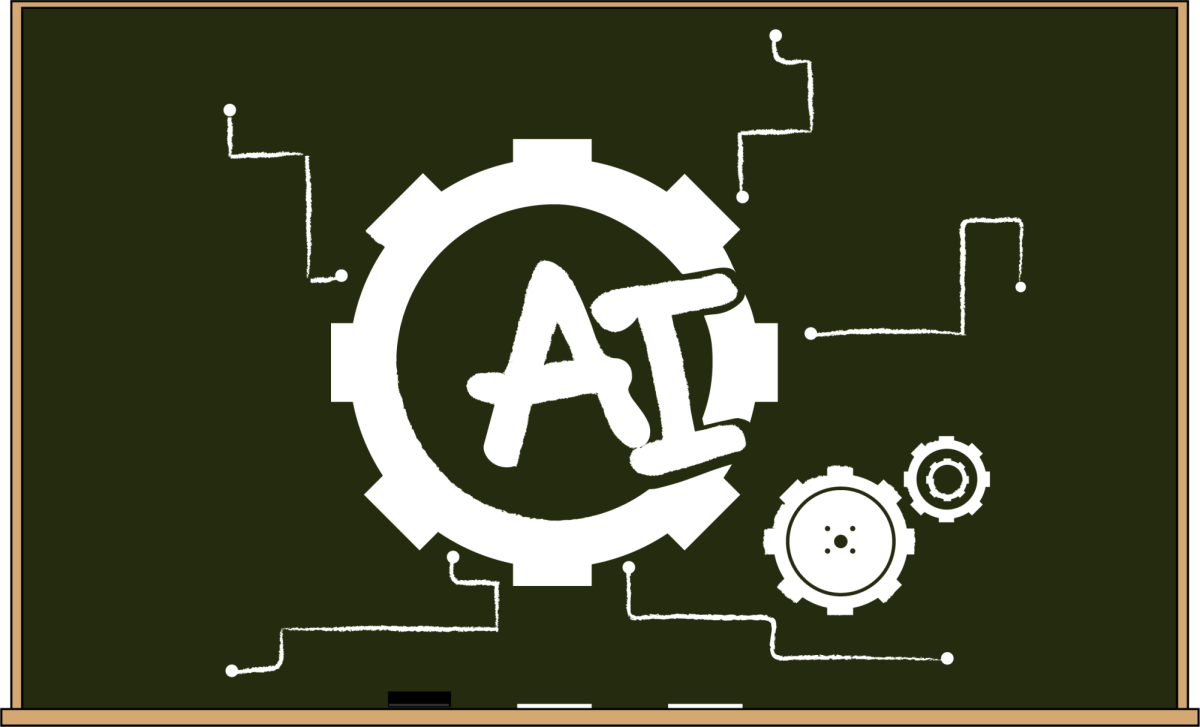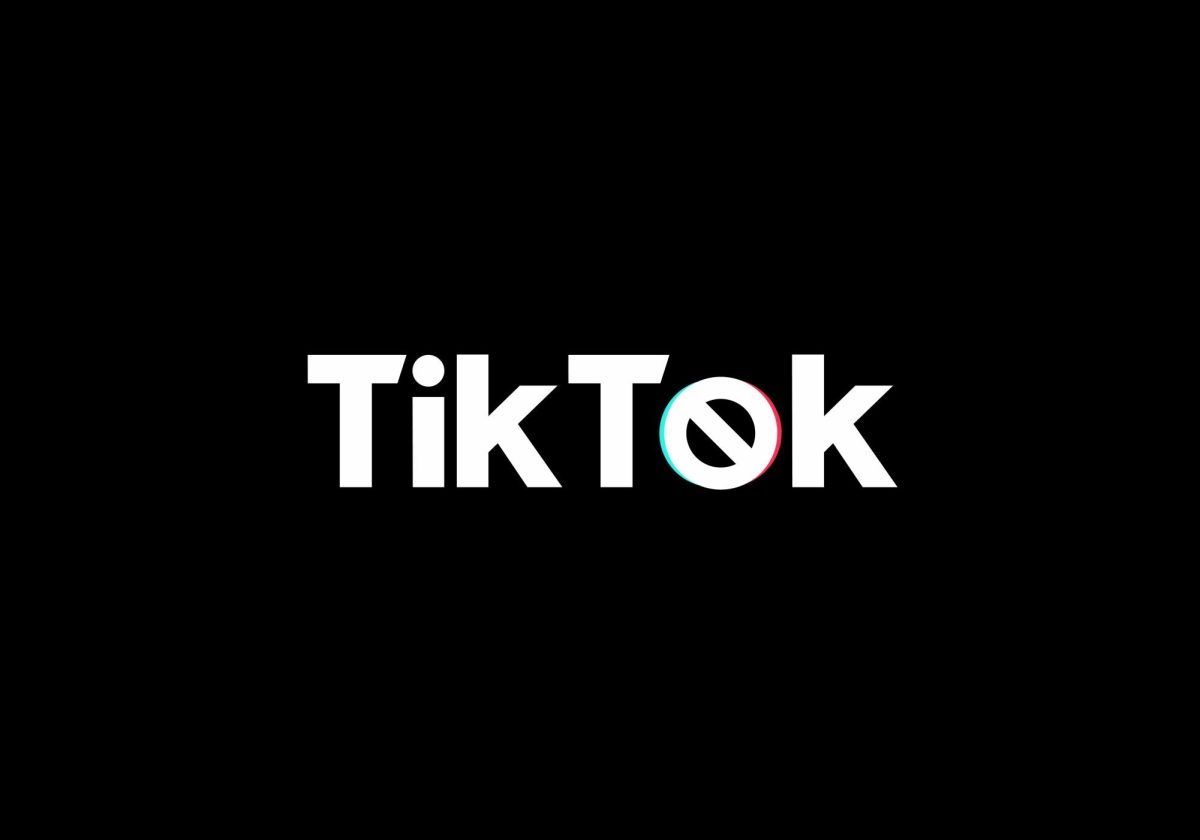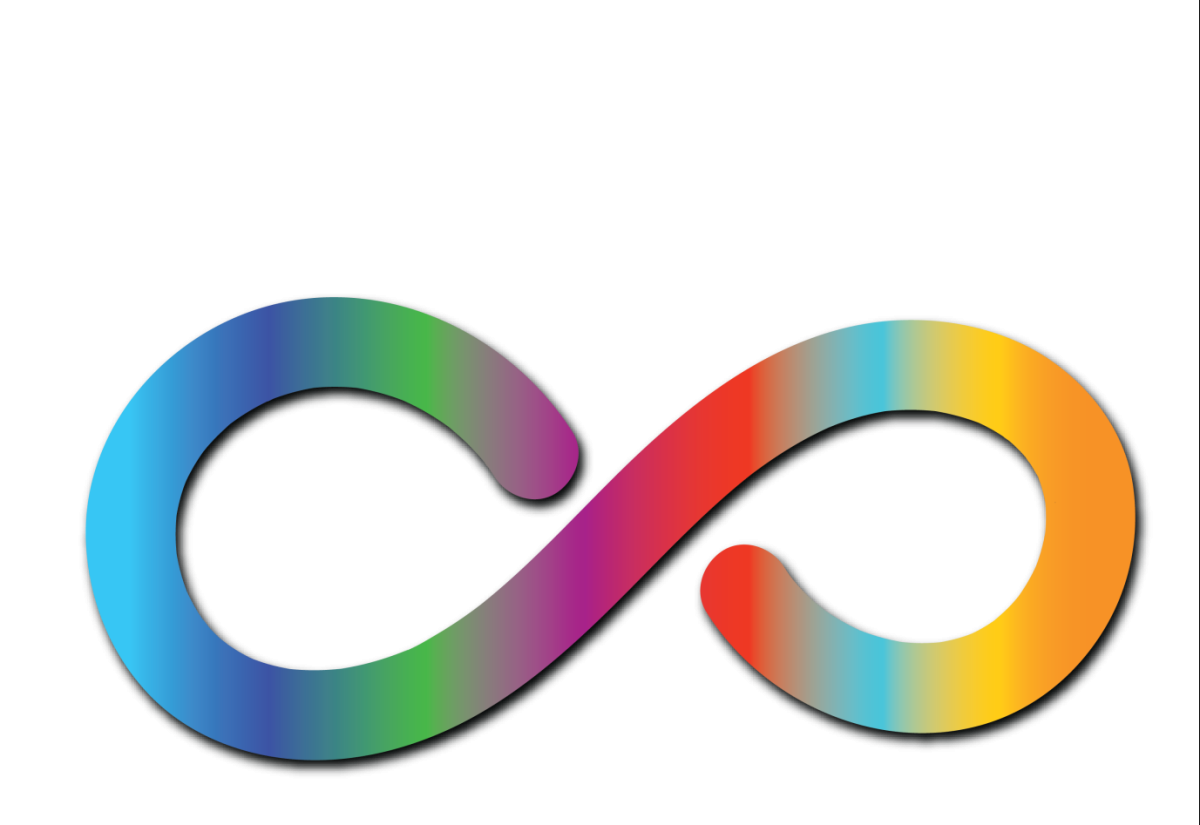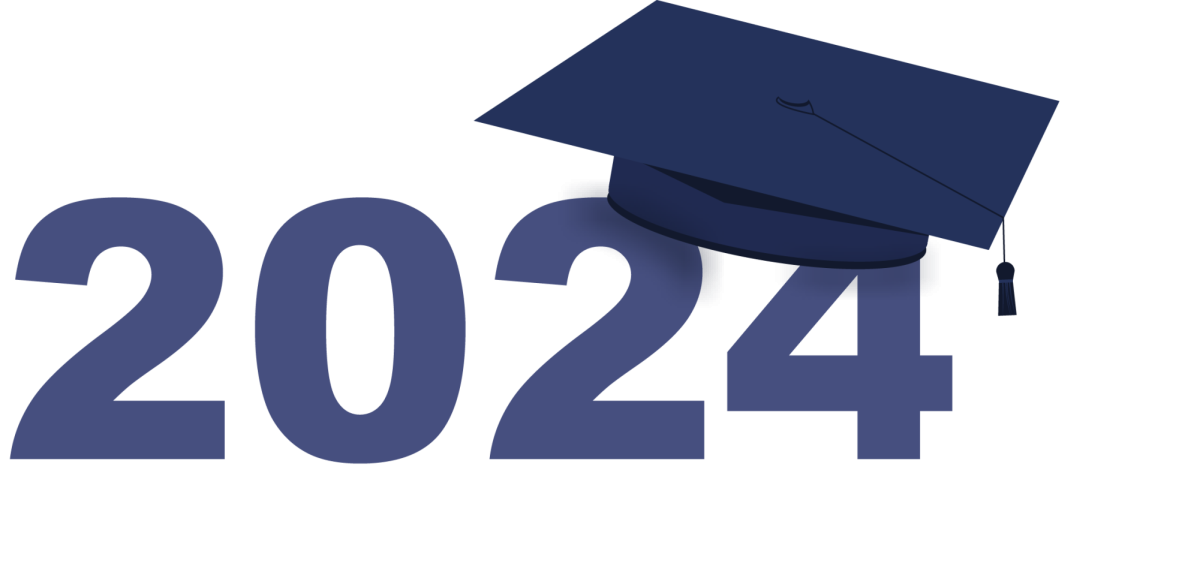The use of generative artificial intelligence programs has been a topic of growing contention and prevalence these past few years. ChatGPT is a large language model-based chatbot that is programmed to reply to users with human-like responses.
Despite the program only having publicly launched in November of 2022, it has quickly garnered a reputation for being widely lauded by students and loathed by educators. This is because there has been a growing rate of AI-based plagiarism throughout the world of academia. Students are able to plug the guidelines of their assignment into ChatGPT and get a quick response fulfilling all of the requirements listed.
This issue has led to professors needing to address the problem in their syllabuses, as well as periodically throughout the semester; I even had to write an essay about this exact topic in my Composition II class. The prompt was to examine whether or not generative AI systems were ethical to use in a university setting, a discussion in which I took a firm ‘no’ on. I also explored the topic of AI technology and how it affects the human critical thought process in Dr. Culbertson’s Introduction to Philosophy class.
Assignments like this, along with the growing need that educators face to directly acknowledge these systems in their course guidelines have made it abundantly clear that the usage of this technology has become problematic.
I can completely understand why some students feel like they would rather hand over tasks that they consider to be “busy work” to programs like ChatGPT. College is a difficult adjustment and it can get genuinely difficult to maintain a consistent schedule. However, this usage starts to get problematic when a student can’t even bust out a 200-word discussion post without consulting a chatbot.
If a student is constantly using generative AI programs to complete these kinds of assignments, they are actively opting out of the learning process. They are at an immediate disadvantage compared to students who did the assignments on their own and therefore have a better grasp on the information.
Some argue that students are going to use this technology anyway, so it’s better to embrace it. It is important to point out that not everyone uses ChatGPT to get a completely generated response; some students use the program to generate study guides, information summaries and other helpful resources.
Therefore, a handful of educators believe that fostering more ethical uses of generative AI in students would help mitigate the rampant problem of AI-based plagiarism. While I do agree with this take to some extent, I also believe that there is an inherent problem with integrating or even encouraging this kind of assistance in the classroom.
Even if a student were using ChatGPT for something like summarizing a concept, there’s still a large chance that their educational experience will be negatively impacted. Not just because the student is taking a shortcut in the learning process, but also because ChatGPT functions off a limited dataset that contains inaccuracies and biases. This means that the responses that the system may come up with can have information that is incorrect and misleading.
Additionally, ChatGPT isn’t able to fully understand context, meaning that while it may generate an answer to your question, that answer still might not be what your professor is looking for.
All in all, it would be careless to discount the benefits that generative AI systems like ChatGPT can provide in the education industry. To simply just ignore the issue and ban the usage of these programs would be irresponsible. Artificial intelligence can be effectively used as a way to foster and stimulate critical thinking in the classroom, it just has to be skillfully worked into the curriculum.
If AI is to be implemented in the academic sector, guidelines need to be provided for both teachers and students. Educators have a responsibility to encourage critical thinking and manual research, and students should maintain awareness about their cognitive receptivity and the possibility of errors made by the systems. By establishing programs like ChatGPT as a supplemental tool and not a solution, the harm done by AI-based plagiarism in the classroom can be significantly reduced.















































Sigma Sigma Sigma • May 22, 2024 at 10:05 am
Chat gpt is the sigma sigma drizzler rizzller gyatt level 10 master, I’m a student at the University of alabma but I’m still Ohio sigma
skibidi • May 20, 2024 at 10:30 am
chatgpt is the skibidi gyatt rizzler. I am not a student because I dropped out of high school, but chatgpt has ohio rizz.